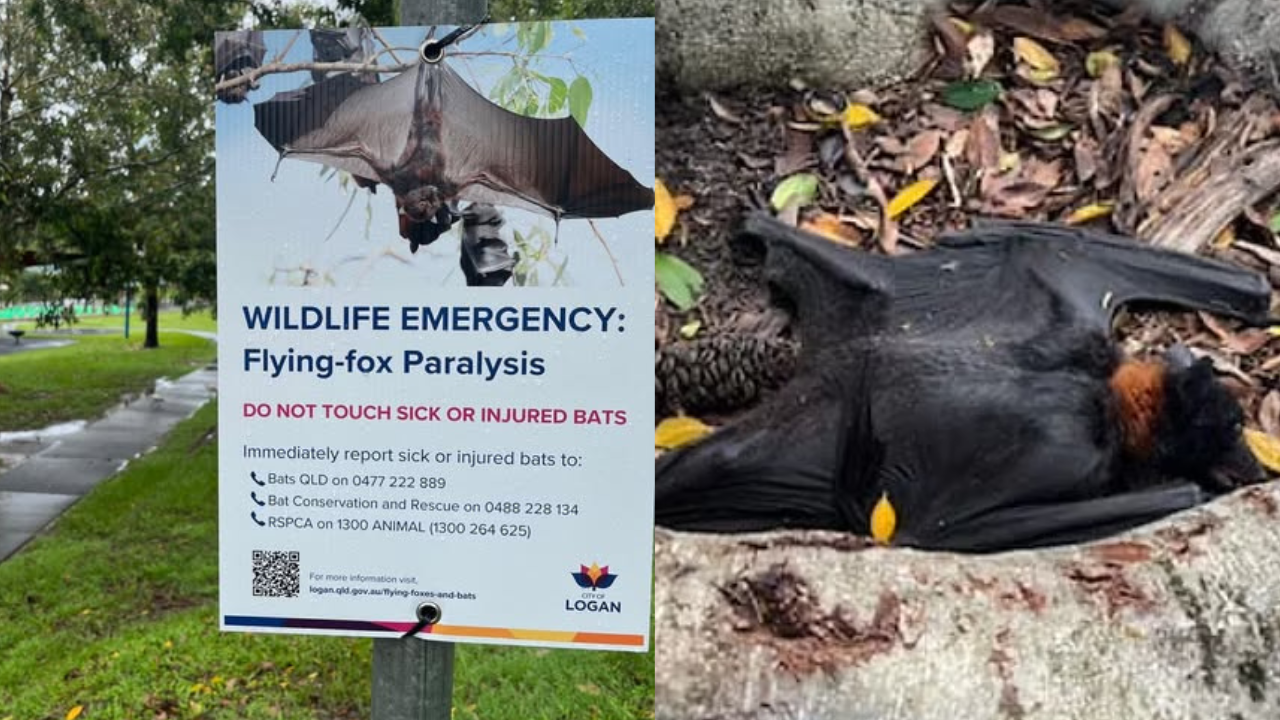Australia set to take Taliban to International Court of Justice for gender discrimination

- by Admin
- September 26, 2024
Australia has taken groundbreaking legal action with Canada, Germany and the Netherlands which could see all four countries take the Taliban to the International Court of Justice (ICJ) over its oppression of women.
The decision has been praised by women’s rights advocates from Afghanistan who say there is a desperate need for the international community to ramp up pressure on the Taliban, just days after the regime introduced new laws banning women from showing their faces or speaking in public.
Three of the countries involved in the international legal action – Australia, Germany and Canada – have women as foreign ministers.
In a statement, Foreign Minister Penny Wong said the four countries would not “stand by and allow the situation in Afghanistan to become a ‘new normal'”.
“The Taliban has demonstrated contempt for the human rights and fundamental freedoms of women and girls in Afghanistan, through a campaign of sustained and systematic oppression,” she said.
Penny Wong says the Taliban demonstrate a contempt for the human rights and fundamental freedoms of women. (Reuters: Ajeng Dinar Ulfiana)
‘Beginning of a path to justice’
Afghanistan researcher at Human Rights Watch Fereshta Abbasi said the announcement “may mark the beginning of a path to justice at the World Court for the Taliban’s egregious human rights violations against Afghan women and girls”.
“Is it vitally important for other countries to register their support for this action and for them to involve Afghan women as the process moves forward,” she said.
All four countries will argue that the Taliban has violated the Convention on the Elimination of All Forms of Discrimination against Women, and has systematically abused the rights of girls and women since seizing power in August 2021.
Human rights groups say it’s the first time that countries have used the ICJ to take another country to court over gender discrimination. (Reuters: Ali Khara)
Afghanistan ratified the convention in 2003, well before the Taliban’s most recent takeover, and it’s not clear whether the current government will be willing to engage in talks with the four countries over the legal action.
All four countries have now issued a diplomatic note to the Taliban, which is meant to kickstart negotiations on the matter. Afghanistan would likely have six months to give a response.
If arbitration isn’t successful then they can bring Afghanistan to the ICJ in The Hague to try and resolve the issue.
First case of countries using ICJ for gender discrimination
Human rights groups say it’s the first time that countries have used the ICJ to take another country to court over gender discrimination.
They also argue that if the ICJ rules against the Taliban that would make it harder for more countries to normalise ties with the regime.
Susan Hutchinson, executive director of Azadi-e Zan, which helps Afghan women’s rights defenders, said the Taliban were “implementing an entire regime of gender apartheid” and it was “great” that Australia was joining an effort to hold them accountable.
“Gender apartheid needs to be included in definitions of crimes against humanity. This way, it can also be prosecuted at the International Criminal Court, along with the other gendered crimes perpetrated by the Taliban,” she said.
If the ICJ rules against the Taliban, it would make it harder for more countries to normalise ties with the regime, human rights groups say.
(Supplied: International Court of Justice)
But she also said the federal government could do much more to ensure women fleeing persecution from Afghanistan had a safe pathway to Australia.
“We also need to ensure we meet our own protection standards for Afghan women, and provide timely safe migration pathways through our humanitarian visa process and development assistance focused on women led organisations and women’s programming in Afghanistan.”
The Latest News
-
December 27, 2024Australian media is calling for Virat Kohli to be ‘hanged’ amid Sam Konstas controversy, says Sunil Gavaskar | Sporting News India
-
December 27, 2024The year in big business news, according to Taylor Swift
-
December 27, 2024Foxtel’s sale could change the game for two sports in Australia
-
December 27, 2024Tennis: Injury forces Simona Halep to withdraw from Australian Open 2025
-
December 27, 2024The secret post-sandpaper-gate change that saved Virat Kohli from suspension




